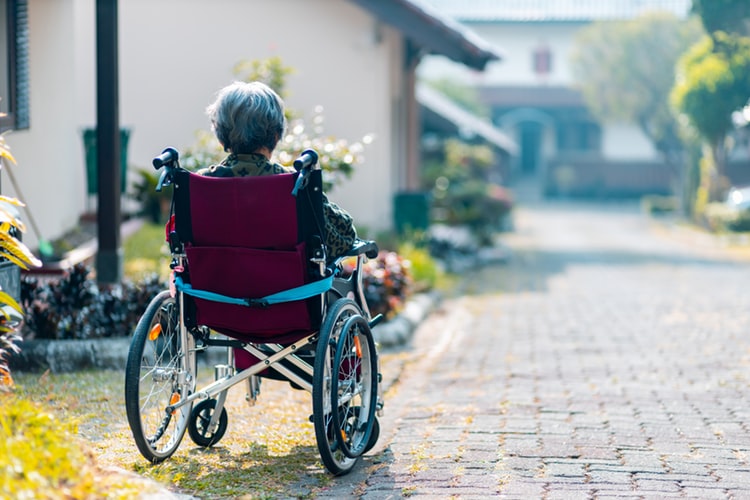Caring for elderly loved ones, especially those suffering from Dementia, can start testing your resolve pretty fast. It is quite common to be on the receiving end of an argument that makes no sense and be powerless to do anything about it. Furthermore, the patient’s recurring forgetfulness can get on your nerves very quickly. Despite all these nuisances though, they are someone dear to you and it’s not their fault that they’re behaving like this.
Powering through these trying times can often leave you hopeless and dejected with no end in sight. Though Dementia doesn’t just go away, it can get slightly more bearable when approached properly. In this post we’ll be going over how you can carry out and maintain healthy conversations with a dementia patient. This will not only improve communication between you two but also provide you with some much-needed respite.
Remain Patient
The most obvious point is also perhaps the one most people forgo. It’s quite easy to lose your cool when a fully-grown adult throws a tantrum fit for a toddler but what you must remind yourself of is that they are not doing this on purpose. The patient is just that: a patient, a sick individual. Their state of mind has been altered due to their Dementia and they have no clue that what they’re doing is not befitting of their age.
So no matter how many fits the patient under your care throws or how many illogical arguments they start, remain patient and calm and try to get them to cool down. Oftentimes Dementia patients get angry because they are scared. They can’t understand their surroundings and want to feel in control again. In this distressing mood they tend to resort to anger and even fear. So you remaining calm and gently helping them through this will be beneficial to both of you.
Stay Positive And Inject Humor
A very important factor in communicating with a Dementia patient is positivity and accessibility. It is a general rule of conversations that a positive and lighthearted person is more approachable than a closed off or negative one. This rule’s importance gets amplified when talking with a patient suffering from Dementia. We have already established that these people tend to get confused and scared easily. So keeping a light tone during conversation and refraining from getting mad are key to successful communication.
For even better results, try to add some humor to your conversation. Make light jokes about various stuff – nothing too complicated though – and try to keep an overall friendly atmosphere between you two. Easing a patient into talking with you via humor is a great way for the two of you to connect, and helps relax the patient as well.
Keep The Conversation Simple
Dementia patients have trouble piecing stuff together so it is a good idea to not confuse them with too many things at once. When conversing with a patient, use simple sentences. If you need to ask them something do so in a manner that is easy to answer to. Questions with simple Yes or No answers are preferred when talking to Dementia patients. If the patient gets confused or irritated wait for a moment and try again with a slightly different approach.
Reassure The Patient
We cannot stress enough times how important it is to keep in mind that Dementia patients tend to get frightened. It is one of the most important things to remind yourself of whenever talking to one. So naturally it goes without saying that a little reassurance goes a long way in keeping a patient calm. Use a soothing tone and keep your voice low. Physical reassurance is even better.
When appropriate, do not hesitate to hold their hand. Nodding to encourage them is also a great way to keep them talking. And hugs are probably the best insurance for the conversation. Still, recognize when you should back off. A Dementia patient may not always take kindly to touch or efforts to continue the conversation. When such a moment arrives take a small break and try again later when the patient has calmed down a little.
Pay Attention
Finally, make sure to actually properly listen. Get rid of or turn off any distractions in your immediate vicinity and focus solely on the patient. Don’t talk down on them and make sure to maintain eye contact. It also helps if you sit or stand at their level instead of over or below them.
Patients of Dementia can easily lose interest in something that isn’t responsive enough. So if you’re not careful and only half listen to the patient there is a good chance they will simply lose interest. And getting them talking again can be a very difficult task. Prevention is better than cure, so pay attention to them when it matters.
Conclusion
It is important to be properly prepared when dealing with the elderly, and doubly so when it comes to those suffering from Dementia. Hopefully this article prepped you up for conversing with Dementia patients. If you’re looking for some more help we’ve got tons of posts on Dementia related care. How about looking at how to care for a patient with Alzheimer’s and making Alzheimer’s easier for our loved ones to get started.

